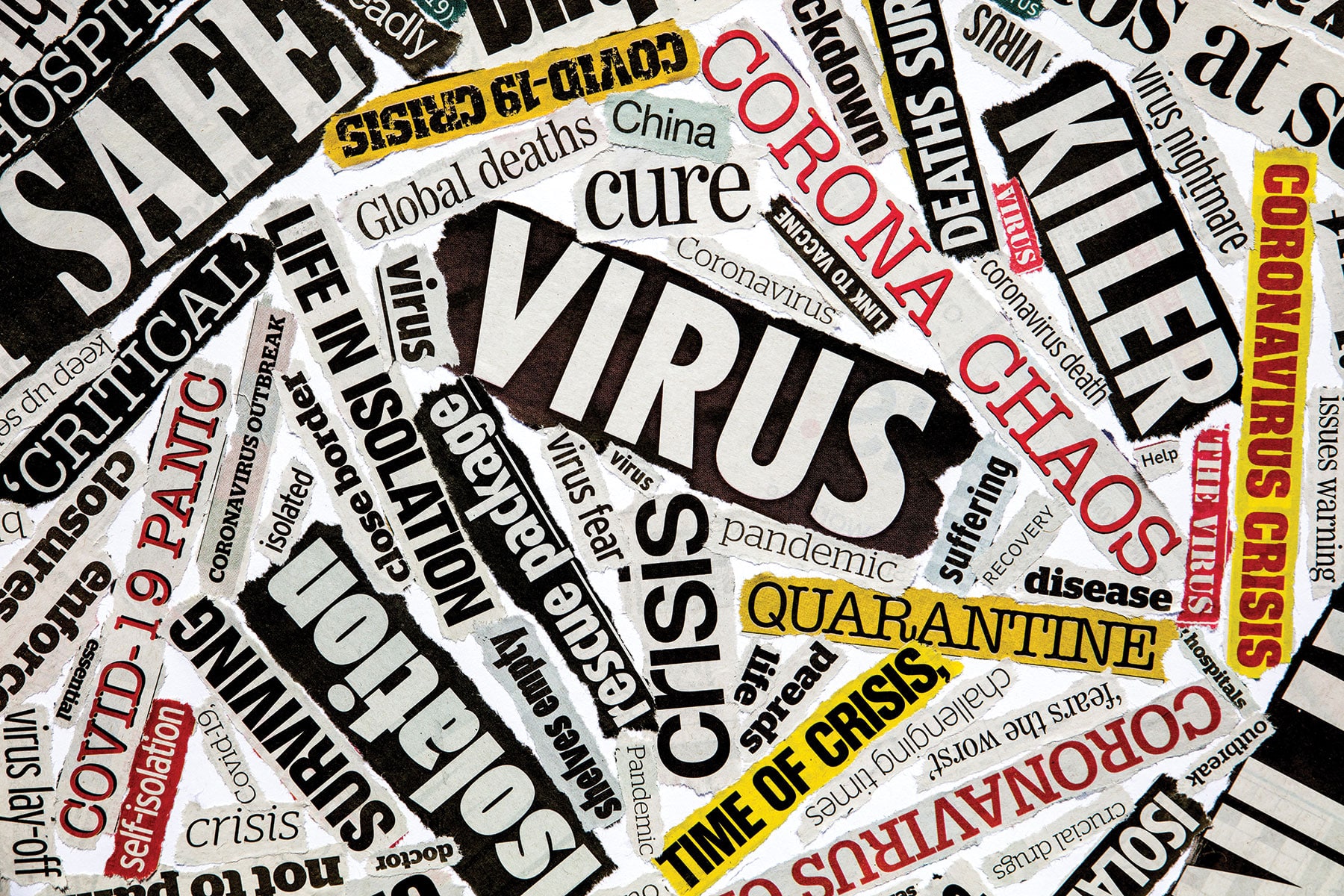
Attention deficit hyperactivity disorder (ADHD) is characterized by Wikipedia as “difficulty paying attention, excessive activity, and acting without regards to consequences.”
Now look at your daily or weekly newspaper, your favorite cable news channel, your most frequently visited news site, the demonstration closest to your home. Look at our society and then reread the definition of ADHD, a situation that is usually managed by “some combination of counseling, lifestyle changes and medications.”
Isn’t it obvious?
Any success handling public policy depends on focus, attention and persistence. A group ADHD mentality is the enemy of wise public policy. This is true when the world must deal with a pandemic and an economic crisis. This is true when the United States must deal with endemic societal diseases. This is true when Israel considers a dramatic move to annex. All of these situations are significant enough to justify a pause, a period of calm consideration, a methodological discussion, a deliberate execution. But in the world today, no such period or deliberation is possible.
Journal Editor-in-Chief David Suissa touches on this issue, referring to what seems like a year of seismic events: “Epic on top of epic on top of epic. When do we catch our breath?” I have an answer for him. We don’t.
The United States is paying the price for the White House’s delayed and inefficient strategy dealing with the coronavirus. Israel, whose government was formed to deal with the fallout of the epidemic, is now bored with the coronavirus and has turned its attention to annexation. American leaders have put aside the virus in order to deal with social unrest. There is something heartening about this sudden interest by Americans in police procedure. But don’t hold your breath. This important issue will follow its predecessors and fall victim to the next dramatic shift.
I know it doesn’t feel as if this is going to happen. The outcry, the activism and the discourse seem so real. Surely, this will lead to a change. But count me as a skeptic. Change is necessary but change doesn’t come in a few weeks, and that’s all we have because the next attention-grabbing drama lurks just around the corner. In a few weeks, the presidential campaign begins. Before you know it, cable news will move from the streets of Atlanta to the rallies in Florida. And after the election, winter will return, probably with a flu on top of the coronavirus. And these are just the known unknowns, to which we must add more unknowns. The events will add another layer of mental disruption.
Surely, this will lead to a change. But count me as a skeptic.
This is worrisome because when policies change rapidly without much deliberation, they often have unintended consequences that can result in more harm than good. That’s why evolution is preferred to revolution. And if change doesn’t happen because of lack of attention, the result is frustration. The public moves on and the activists become angrier and more radicalized. Then haste and frustration lead to mistrust in the political process. And political process is the thin veneer that guards society from rapid deterioration.
That’s the hard part to digest. Especially in the age of Trump and Twitter. And yet, we must slow down and return to a focused, methodical, less anxious political process. That’s because political process isn’t the enemy, it’s our only friend. It’s our shock absorber. It’s our shield. Political process is the only alternative to two intolerable options that lurk behind our societal ADHD: Anarchy and tyranny.
Shmuel Rosner is the Journal’s senior political editor.























 More news and opinions than at a Shabbat dinner, right in your inbox.
More news and opinions than at a Shabbat dinner, right in your inbox.